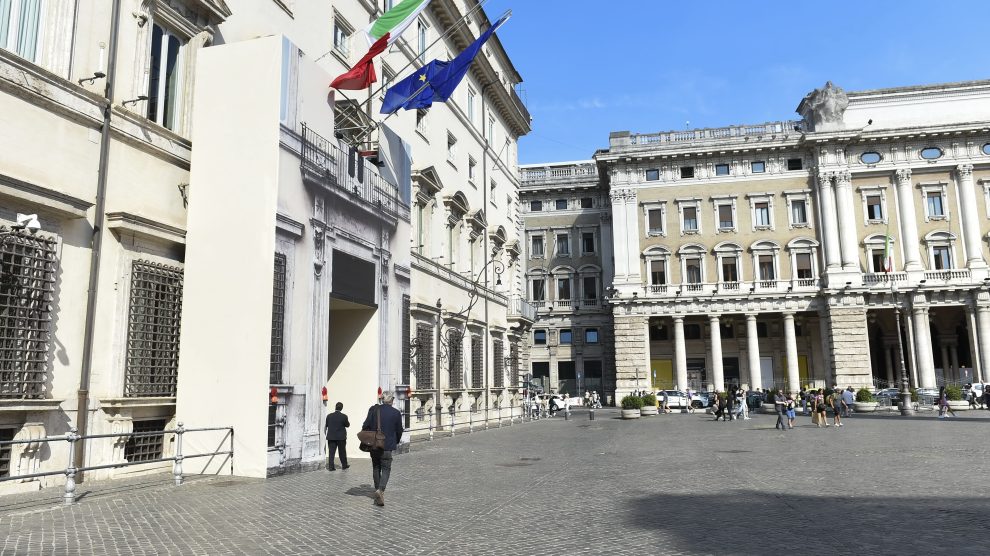G-7-wide cyber policies. On Wednesday, Bruno Frattasi, the director-general of Italy’s National Cybersecurity Agency (ACN), detailed a proposal to create a “permanent structured group” among Group of Seven countries. The goal, he explained at the Cyber2024 Conference in Rome, is to work jointly on cybersecurity policies so that they may become informed by shared work.
- “We felt it was appropriate to do so in view of the Italian presidency of the G-7, and we have already received positive feedback from other heads of cyber security agencies and centres,” he added.
Look to May. Efforts are ongoing among G-7 colleagues towards that goal. Mr Frattasi expects the process to bear fruit in May, when the working group will present the fruit of their work to the Seven’s leaders.”
- The goal, Director Frattasi underscored, is to “let politics know about all the issues that unfold in the field of cybersecurity and give them all the tools to govern digital risk.”
Background work. In late February, the ACN’s director travelled to Bonn, Germany for talks with his local counterpart, Claudia Plattner of the Federal Cybersecurity Centre. The two and their teams discussed enhancing cyber resilience and strengthening bilateral cooperation, including the issues to address at the May conference, explained an ACN note.
- Special focus was paid to “recent developments in the European regulatory framework” – the AI Act comes to mind – “and its impact on national economic systems.”
Speaking of AI… Artificial intelligence may bring “immense benefits” to society, including enhanced defensive systems, remarked Director Frattasi. But there are also risks associated with AI’s latest forms, namely generative AI applications effectively mimicking human language, he warned.
- Applying AI to the various sectors “immediately becomes a cybersecurity problem” in the realms of data protection and external manipulation.
- One such risk is slanting the data towards “unacceptable purposes” under the agreed-upon value parameters, he remarked.
The way is European. The EU’s AI Act “represents an indispensable regulatory model” responding to the need for regulation “that can govern, minimize or abate such risks,” and therefore, it’s “an inescapable reference point and one from which we need to start.”
- Prime Minister Giorgia Meloni made AI a key focus of the Italian-led G-7 and has repeatedly called for regulation to keep AI systems human-centred.





